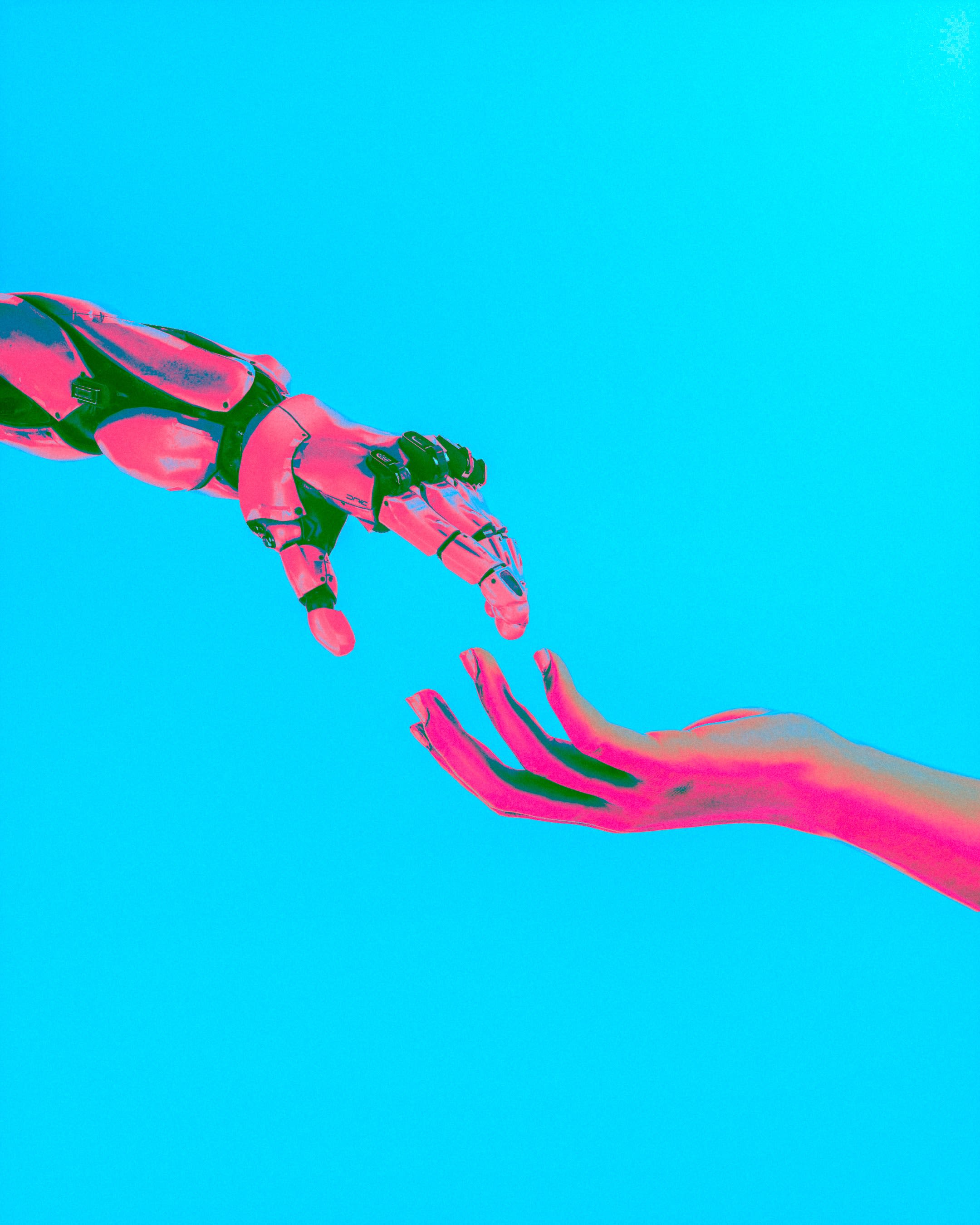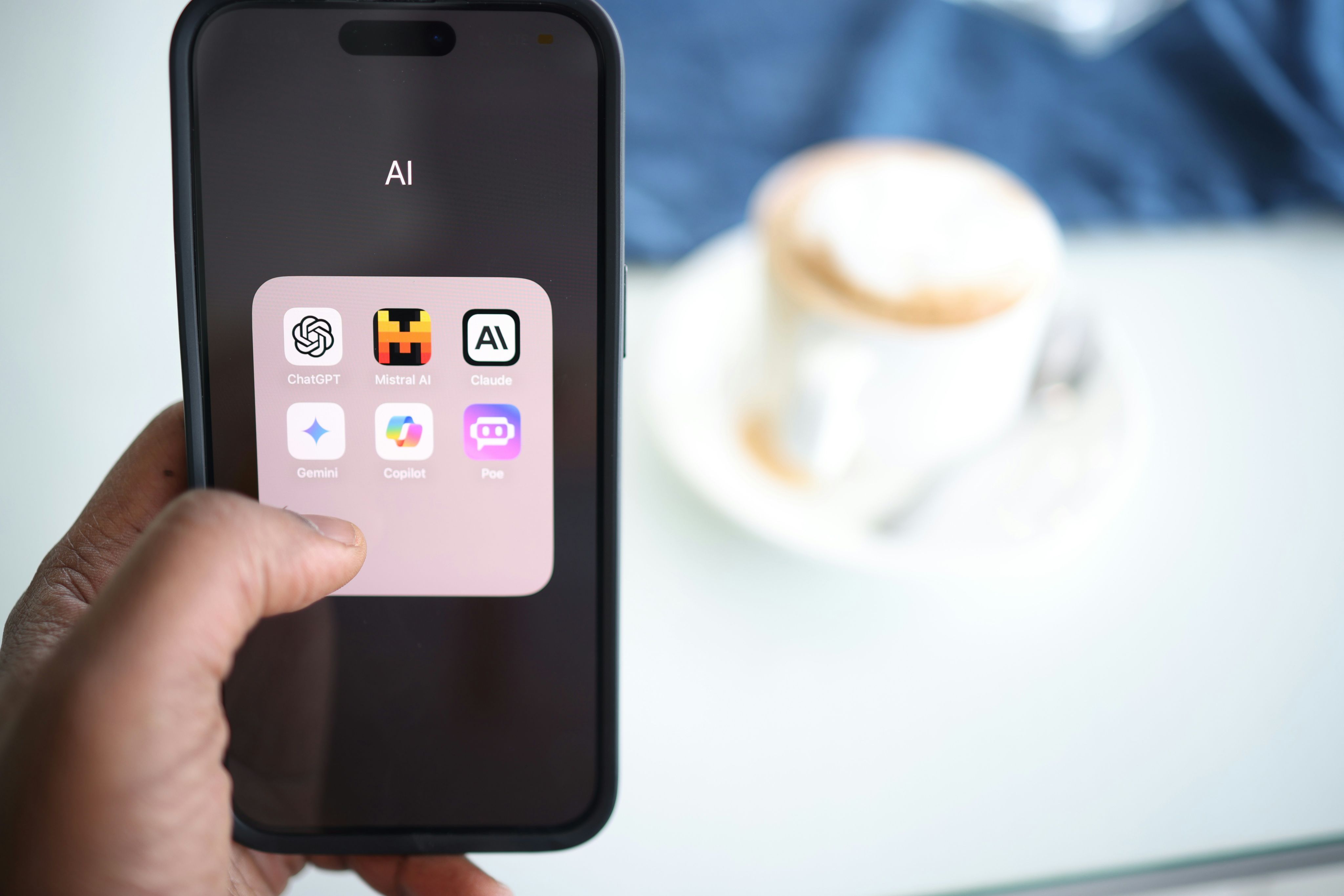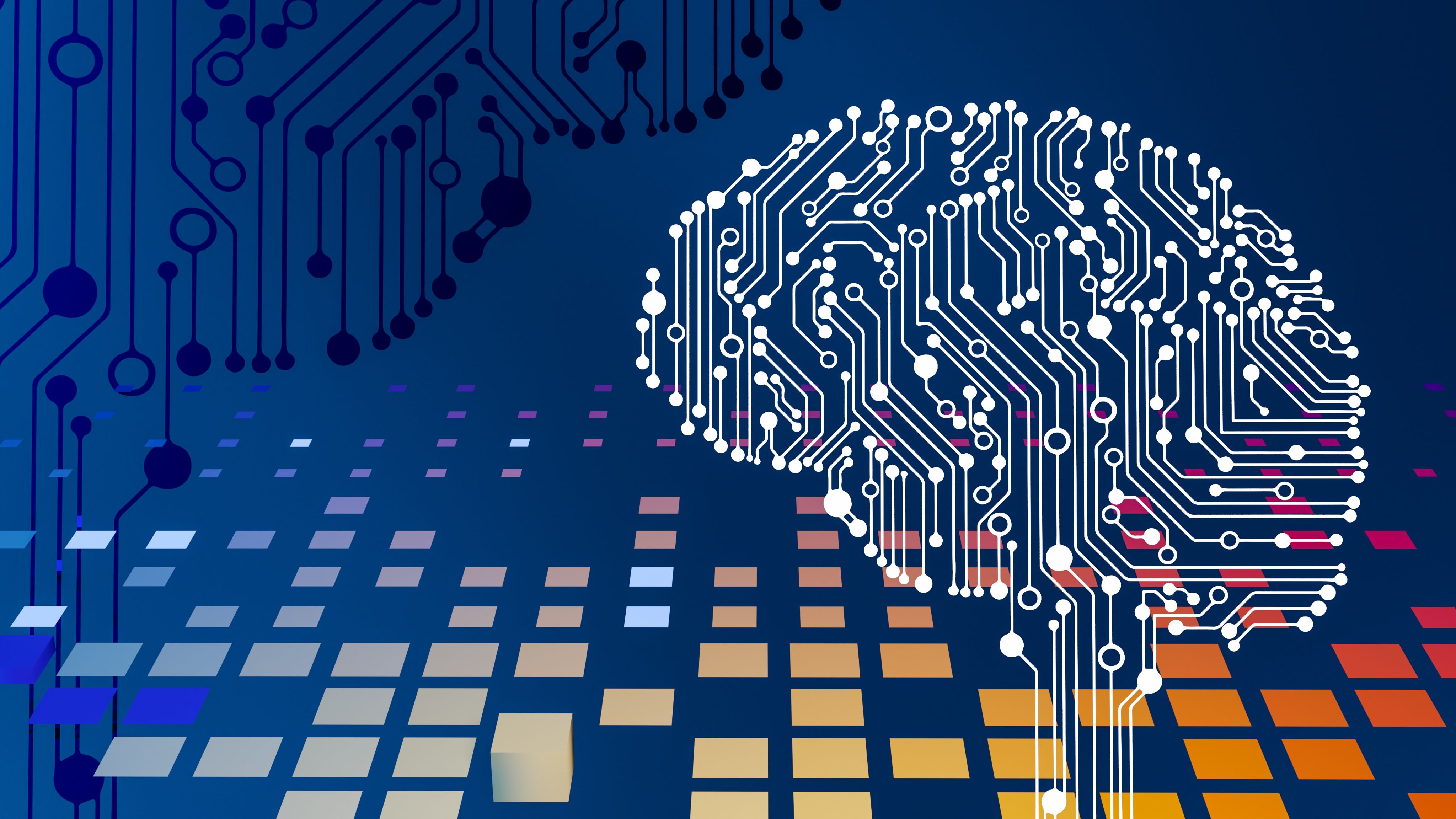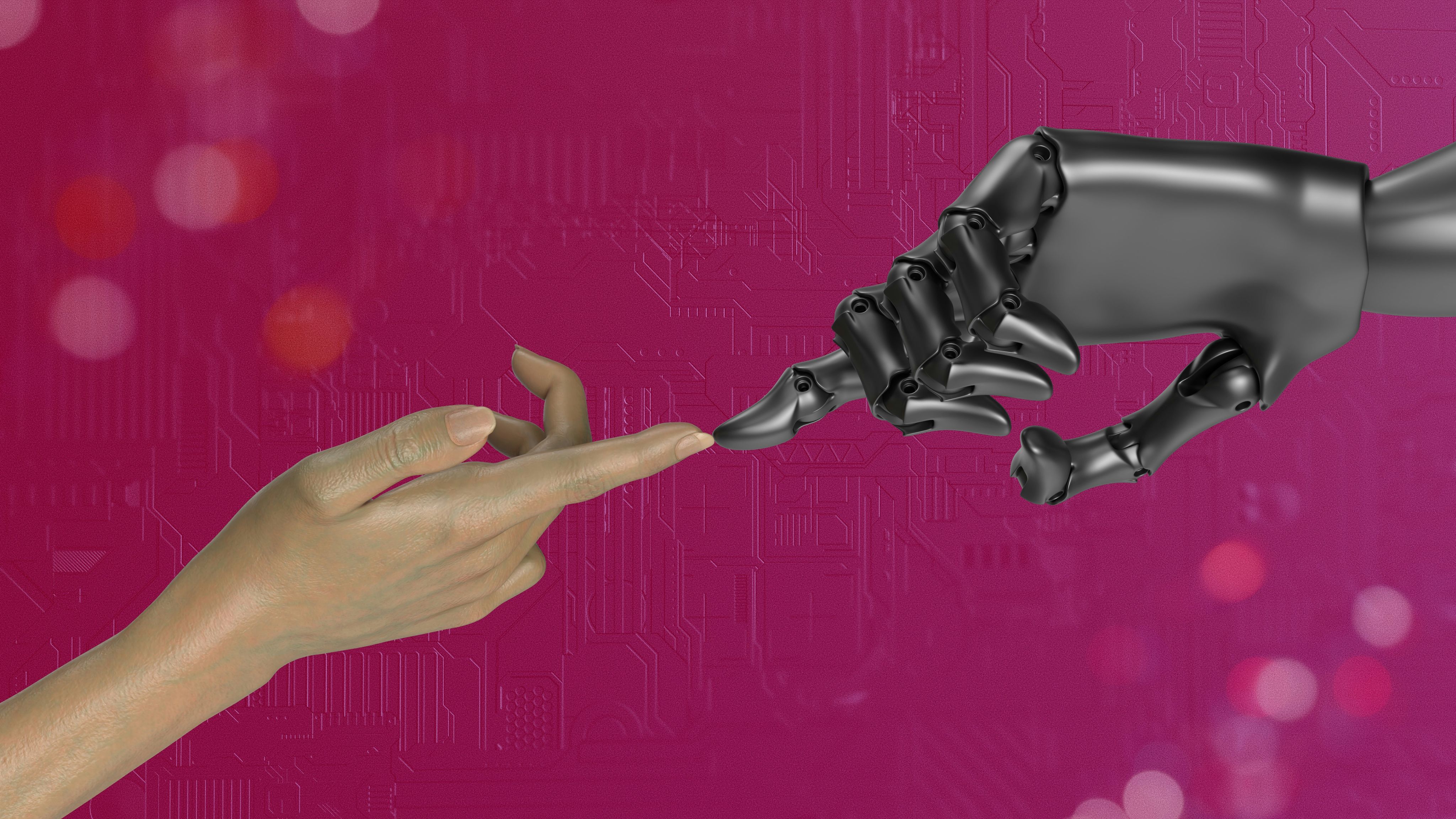AI at Work: Friend, Foe or Future Colleague?
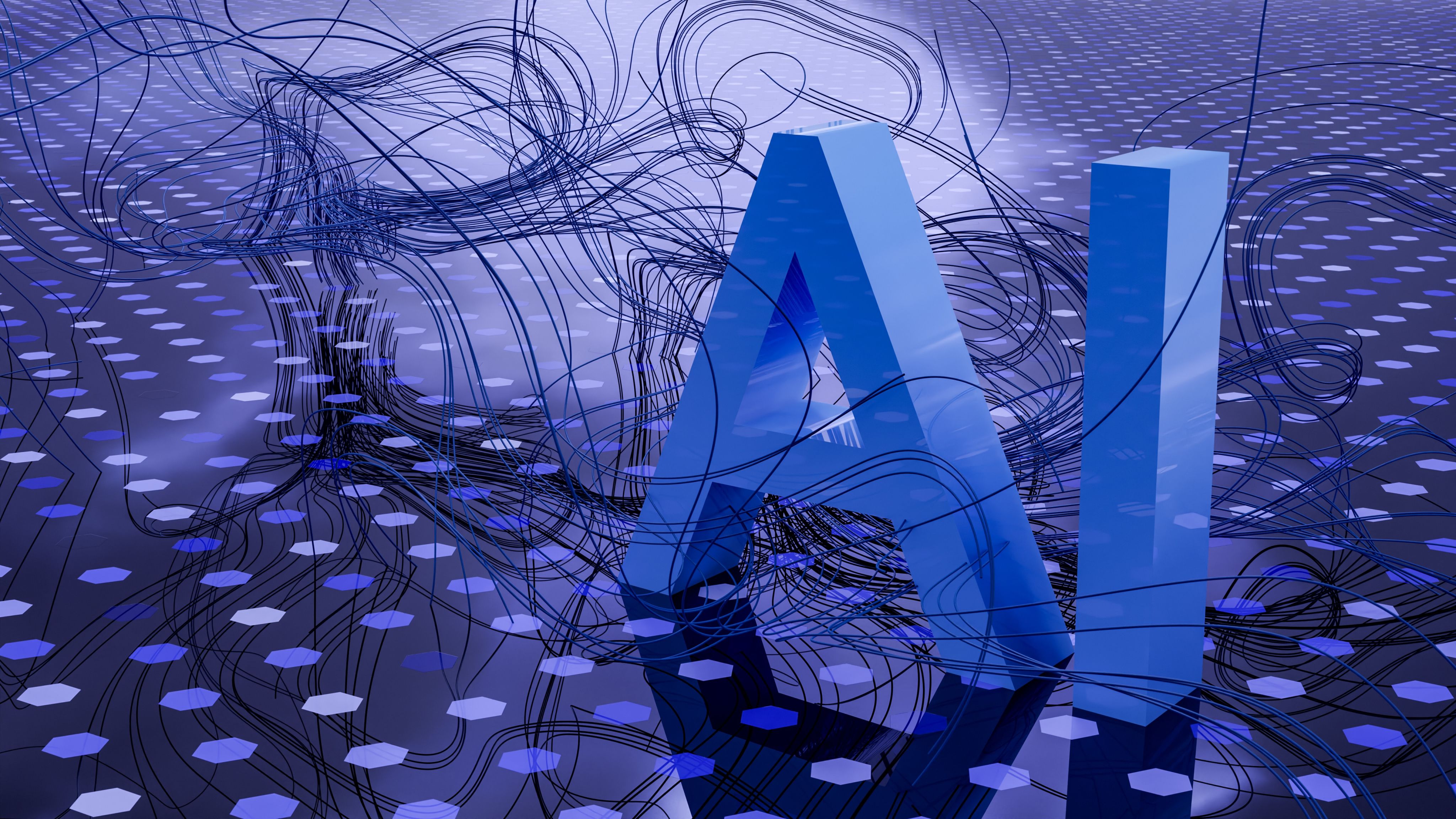
Artificial intelligence (AI) has moved from science fiction to boardroom strategy faster than anyone could have predicted. Once viewed as a distant innovation, AI now powers recruitment tools, performance analytics, customer service chatbots and even leadership decision-making.
But as machines become more intelligent, one question lingers in the modern workplace: is AI a friend, a foe or our future colleague?
AI as a Friend: The Ultimate Productivity Partner
AI has the power to make work smarter, faster and more efficient. By automating repetitive tasks, analysing vast amounts of data and predicting trends, AI enables humans to focus on what they do best — creativity, empathy and strategic thinking.
For example, HR teams can now use AI to screen job applications quickly, identify talent gaps and even personalise employee learning paths. Managers can access real-time insights to make better decisions, while employees enjoy streamlined workflows and fewer manual tasks.
When used ethically and thoughtfully, AI can be a powerful ally, enhancing human potential rather than replacing it.
AI as a Foe: The Double-Edged Sword of Automation
Despite its promise, AI also presents challenges. Job displacement, privacy concerns and ethical dilemmas are growing fears across industries. Automated systems may unintentionally amplify bias in recruitment or performance evaluation, while employees worry about being replaced by algorithms.
Leaders face the difficult task of balancing efficiency with empathy, ensuring that technological progress does not come at the cost of trust and morale.
A “machine-first” mindset risks creating cold, data-driven workplaces where people feel undervalued. The result? Lower engagement, reduced creativity and a breakdown in organisational culture.
AI as a Future Colleague: The Human–Machine Partnership
The most forward-thinking organisations see AI not as a threat, but as a partner. In this vision of the future, humans and machines collaborate — each complementing the other’s strengths.
AI can process information at incredible speed, while humans bring emotional intelligence, ethical judgement and contextual understanding. Together, they form a powerful duo capable of solving complex problems and driving innovation.
This partnership requires new leadership mindsets — ones that value curiosity, flexibility and continuous learning. Instead of asking how AI will change jobs, leaders should ask: how can we redesign work so humans and AI thrive together?
Preparing for an AI-Enabled Workplace
To make the most of AI’s potential, organisations must equip their people with the right skills and mindset. Here’s how:
- Upskill continuously. Develop digital literacy and data awareness at all levels.
- Promote ethical awareness. Ensure AI decisions are fair, transparent and responsible.
- Foster adaptability. Encourage teams to embrace change as a constant, not a disruption.
- Champion collaboration. Blend human creativity with machine intelligence.
- Lead with empathy. Remember that technology works best when it supports, not replaces, people.
Leadership and professional development programmes at HRD Academy help organisations navigate this balance. Through practical training in emotional intelligence, ethical leadership and digital transformation, leaders learn how to manage AI with confidence, ensuring it becomes a trusted partner in success.
The Future of Work: Human by Design
AI is here to stay. But whether it becomes a friend, foe or colleague depends on how we choose to use it. The future of work will not be defined by machines alone, but by how humans collaborate with them.
Leaders who blend technology with empathy, who see AI not as competition, but as collaboration, will build workplaces that are smarter, kinder and more sustainable.
